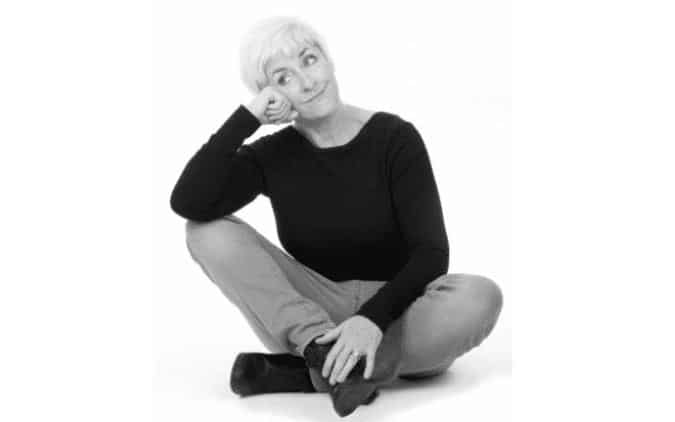As we work to find ways to make the hearing loss life more do-able, we often turn to social media to express opinions and ask for advice. When we share stories or anecdotes on FaceBook or other social media, it’s understood that we are writing our own opinions, our own experiences, unless we indicate otherwise.
I’m a writer who has hearing loss and I write about it—our barriers and strategies and the communities where we are included and understood.
This is pretty straightforward, right?
But occasionally, someone will ask (or accuse), ‘What you write about is not my life with hearing loss! How can you say you speak for me?”
Fair question – I can’t. And I don’t.
Because if I don’t know you, your type and degree of hearing loss, what assistive devices you use, or whether your main language is a spoken or signed one or many other qualifiers, I can’t presume to speak for you. As a writer, I simply hope my experiences will resonate with a reader because someone else knows exactly what they’re going through.
But if, as a reader, you don’t feel that connection or it’s simply of no interest, then you move on. You can say I’m not a good writer—you have a right to your opinion—and you can offer your own experience, but you can’t say that what I write is wrong, just because your hearing loss life is very different than mine, emotionally or practically, even though we describe ourselves with the same term.
And what are those descriptive terms that often seem to overlap and may seem to an outsider as interchangeable? There are only so many to choose from: deaf, Deaf, a little deaf, deafened, late-deafened, hard of hearing, HoH, hearing impaired, person with hearing loss, hearing aid user, cochlear implant recipient. Oh, and to complete the spectrum—hearing. (However, my advice to hearing people is to steer clear of identity debates because they are not for the faint of heart. Trying to figure out who’s who and what’s what can be confusing.)
What you can’t see, written in invisible ink in that long list of identities above, are our vastly different communication lives. What language we use, spoken or signed. What technology we use—or choose not to use.
My community is the hearing loss community (I had to pick a term, and this is the closest fit), and it’s a ginormous group. We communicate through the spoken word—although some of us may use sign language as well. We use assistive technology—which varies from person to person, and many people do not use a hearing aid or cochlear implant. We thrive on visual cues such as speechreading and text interpretation such as captioning.
Deaf people and hard of hearing people have not been treated well through the millennia. The inability to communicate in the same way as the majority of people, the ones who can hear, usually relegated us to a lower rung, or the sidelines, of how society was defined. We were somehow lesser people.
But in recent centuries and decades, that has been changing although not as fast as we would like. There has been increased awareness and better understanding of what it means to have hearing loss and what it means to be Deaf. We are as brilliant and significant as anyone. Technology has given us better access and created level playing fields where we thrive, because. But systemic discrimination still exists, and on an individual basis, Deaf people and people with hearing loss still fight for access. We still have to explain our needs and we have to keep telling our stories, over and over again.
So, here’s the question again. When we tell our stories, who do we speak for—and who speaks for us? We do and we join our voices with others. We celebrate when we read other people who spark in us a connection.
But what is missing sometimes—due in part to the anonymity of social media—is the respect that we should pay to each other. Sometimes we unknowingly share misinformation and every day we read opinions we don’t agree with. Learning to offer our opinion with respect and learning to ‘not engage’ in futile battles of words has been a painful less for all of us in recent years.
Let’s respect each other for our communication similarities and differences.
When we speak, let’s speak with each other.
—————————-







Beautiful just beautiful
Love the areticle. I’m the founder of The Better Connect Academy and my short online course teaches staff of all types of businesses how to communicate correctly with hard of hearing customers/clients. We try to bridge the communication gap.
Nicely put, Gael! We many not speak for others but the important thing is that we all speak our truth.
You spark a connection in me. Keep going, communicate on, Gail!
Very well stated with respect for all. Thank you.